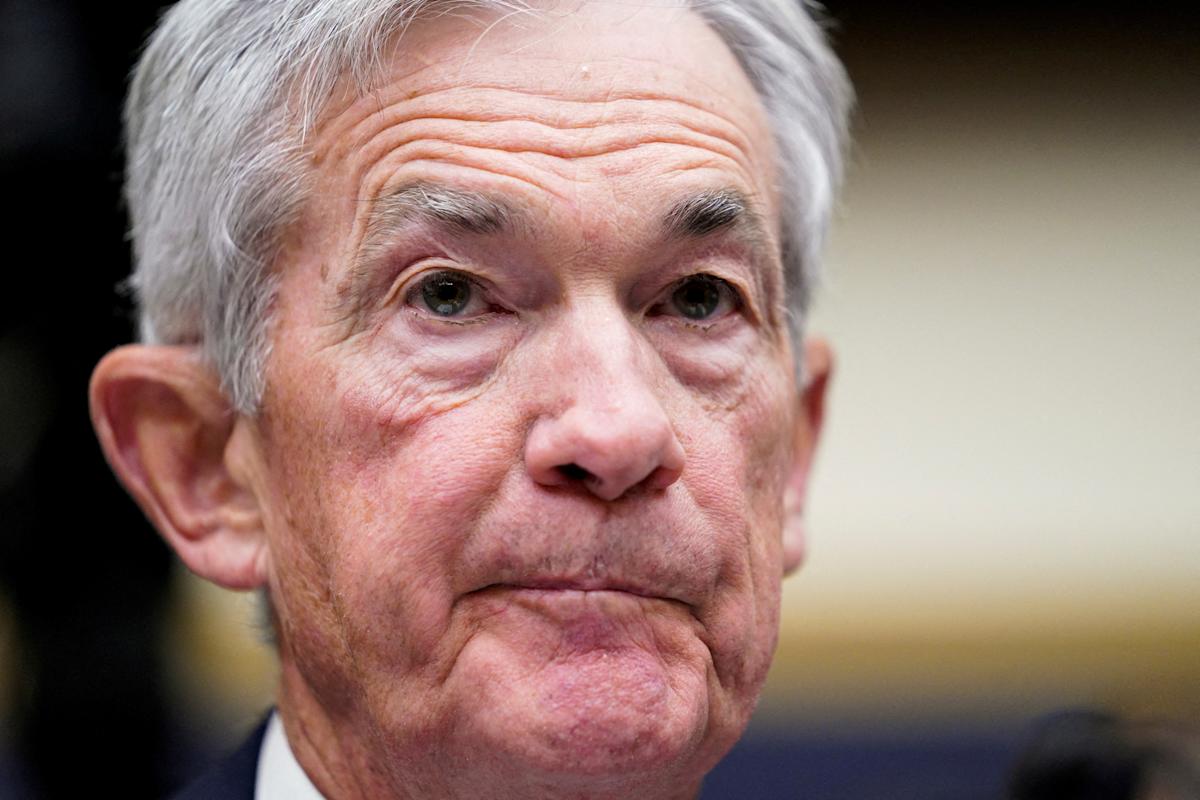Trump Unleashes Fresh Criticism: Demands Fed Rate Cut and Brands Powell a 'Major Loser'

In a continued display of public criticism, President Trump renewed his pressure on Federal Reserve Chairman Jerome Powell, launching another verbal assault and demanding interest rate cuts. The president escalated his ongoing feud with Powell, branding him a "major loser" and reiterating his call for monetary policy changes.
This latest broadside comes on the heels of Trump's recent threats to potentially remove Powell from his position, underscoring the unprecedented tension between the White House and the independent Federal Reserve. The president's persistent attacks highlight his frustration with what he perceives as overly restrictive monetary policy that could potentially slow economic growth.
Trump's repeated calls for interest rate reductions reflect his belief that lower rates would stimulate economic expansion and boost stock market performance. By publicly challenging Powell, the president continues to break traditional norms of maintaining diplomatic distance between the executive branch and the central bank's leadership.
